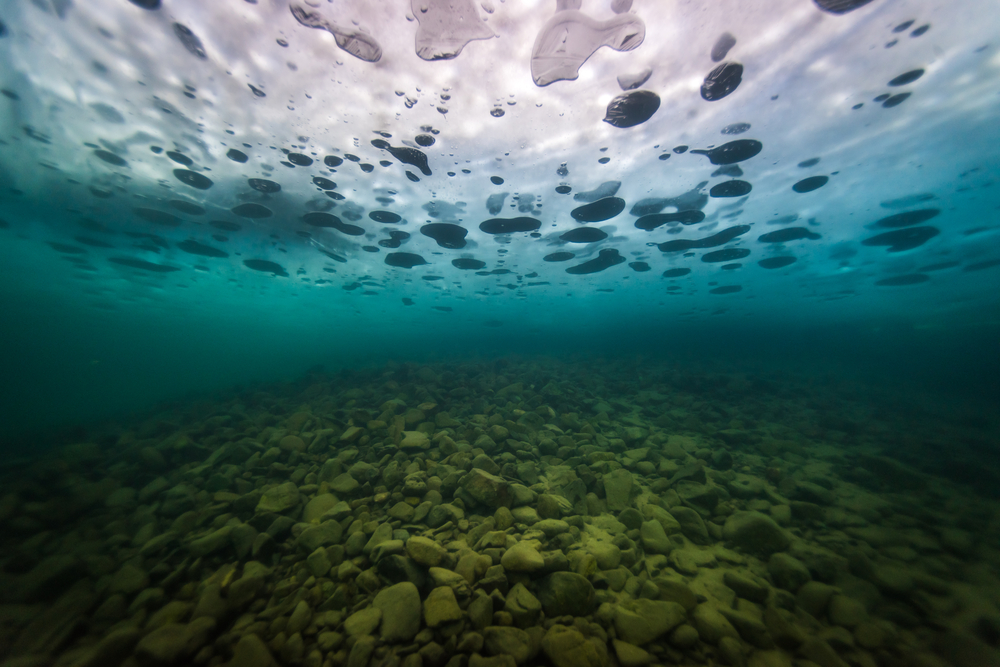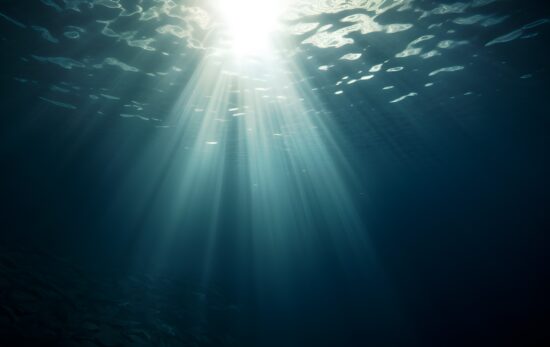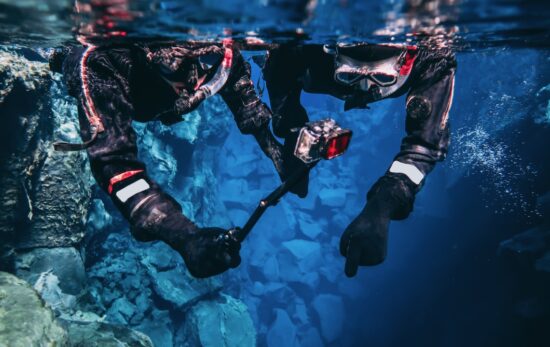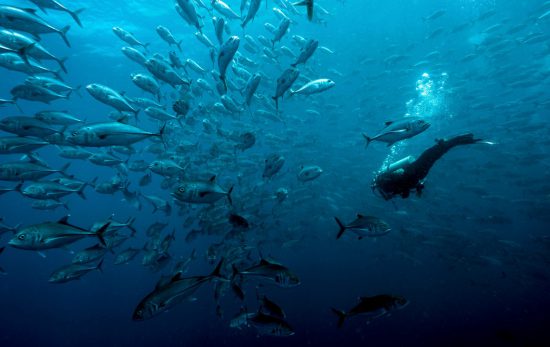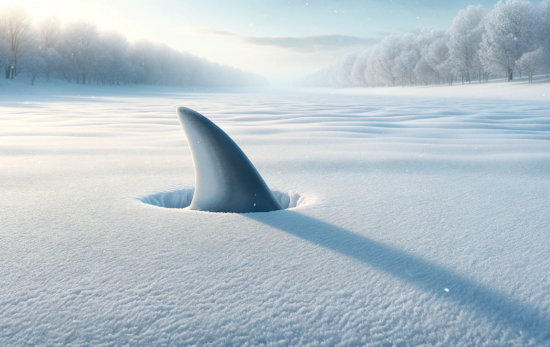In this article, we meet Jonas Samuelsson, PADI Territory Director, CD and TecRec Instructor Trainer #72606, and we learn more about his influence in the technical diving industry. Samuelsson was interviewed by a member of PADI staff, and this article was originally published on the TecRec blog on January 12, 2012.
What is your background and current involvement in diving?
I started to dive in the Baltic Sea over 20 years ago. During the early 90s, I worked as a diving journalist and as an Instructor in Scandinavia. In 1997, I became Operational Manager for Ban’s CDC and became PADI Course Director in 1998. I am currently a member of Team Blue Immersion and Dive Team Fourth Element and a test diver for JS Watch Co. and MOD Lights.
How did you get into tec diving?
While working for a diving magazine I got in contact with Mikael Menduno from Aqua Corps, and it was their articles that inspired me to start exploring technical diving.
Do you have any specialized areas of interest?
Explorations. Like when we were in Iceland during 2011, we found a previously unknown geothermal area and became the first dive team to explore the US Coast Guard Cutter Alexander Hamilton.
What do think the greatest challenges are in this kind of diving?
Exploration is complicated for many reasons. The logistics of getting hold of spare parts and helium in areas where technical diving never been conducted before is not easy. To travel with 100’s of kilo of tech and camera gear to remote areas and to get sponsors to finance the expedition is equally hard. But it’s all worth it.
What are the most important attributes of a tec diver for the type of diving you do?
Patience. I have made the mistake in the past of pushing myself to do dives that I was not ready for, and it always ended badly. Progress slowly.
Dedication. It takes both time and money to succeed in technical diving. You need to spend lots of time in the water, and you have to keep updated by reading articles and books.
Open-Mindedness. Standardization is crucial, but maintain an open mind to ensure that technical diving will progress. Be willing to listen and learn from others. Technical Diving pioneer Richard Pyle said it best, “After my first 10 hours on a rebreather, I was a real expert. Another 40 hours of dive time later, I considered myself a novice. When I had completed about 100 hours of rebreather diving, I realized I was only just a beginner.”
What are the most likely mistakes a tec diver can make in your kind of diving?
Generally by pushing limits too fast and specifically by not bringing enough gas.
How do you prepare for a demanding technical dive?
By conducting simulation dives in the same configuration to make sure I am mentally and physically prepared. To have the dive plan reviewed by others. To ensure that the support team is ready to manage any emergency. By contacting DAN and the local recompression chamber.
What influences your selection of dive gear?
Reliability, simplicity, field tested and service friendly. There are so many other factors that can potentially go wrong in the extreme environments we dive in that you have to be certain that the equipment is reliable. Bring equipment for redundancy and for any potential emergencies; however not more and not less than that. The equipment has to be field tested. It’s one thing of testing equipment in a factory, another one to use equipment in the field. The equipment should be easy to service in the field without any specialized tools.
What kind of person do you want diving in the same team as you?
Someone with a high level of knowledge and skills but more importantly a diver with similar attitude as the rest of our team. We are using standardized equipment and a team approach and anyone diving with us has to have that same philosophy to ensure the team’s safety. Someone who is professional, safety conscious and able to deal with very stressful situations with calm. Last but not least, it has to be a person that I can have a beer with after the dive.
What advice would you give to someone thinking of getting into tec diving?
Talk to friends and see if they can recommend an instructor that they had a positive experience with. Sign up for a tech intro dive with that instructor and then take it from there. I would like to issue one warning, however, and don’t come to me in a few years and say you did not know… Technical Diving is highly addictive… You been warned.



